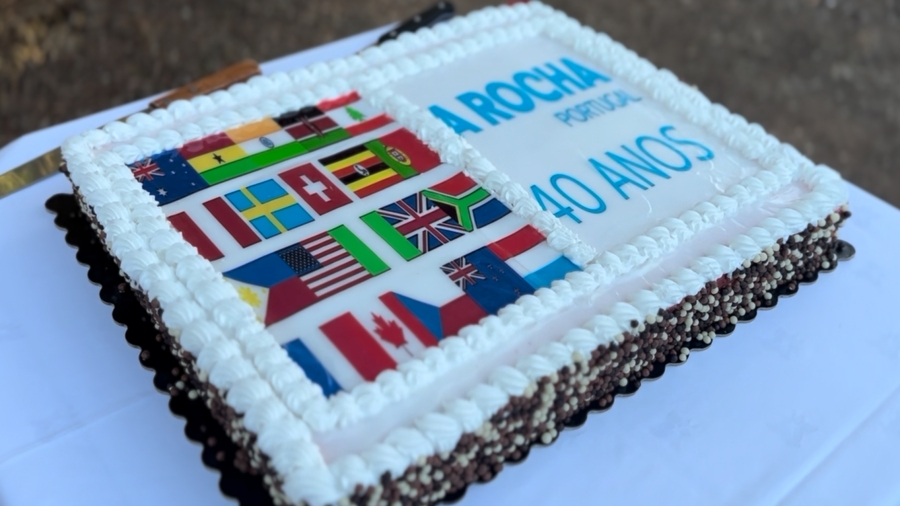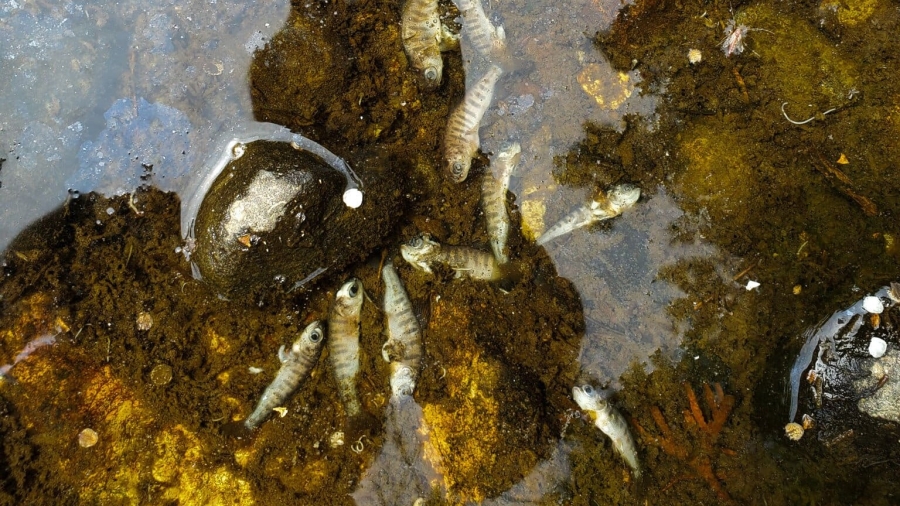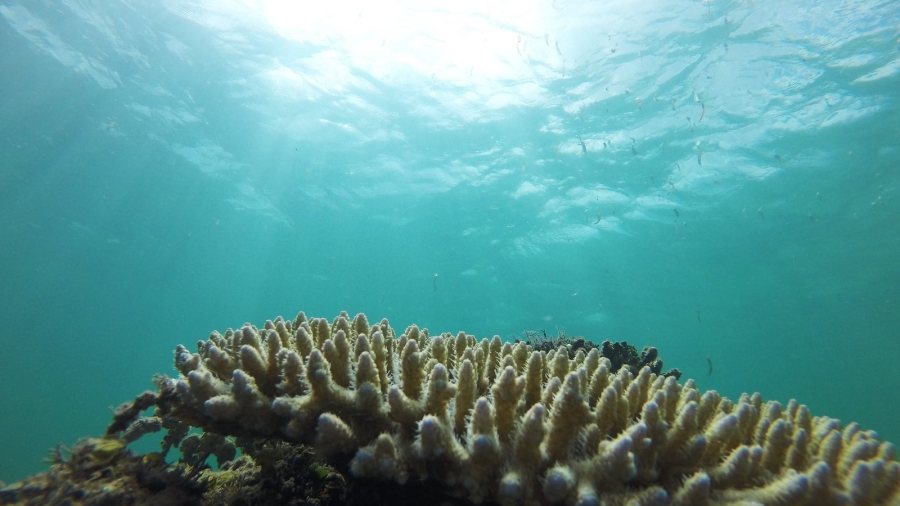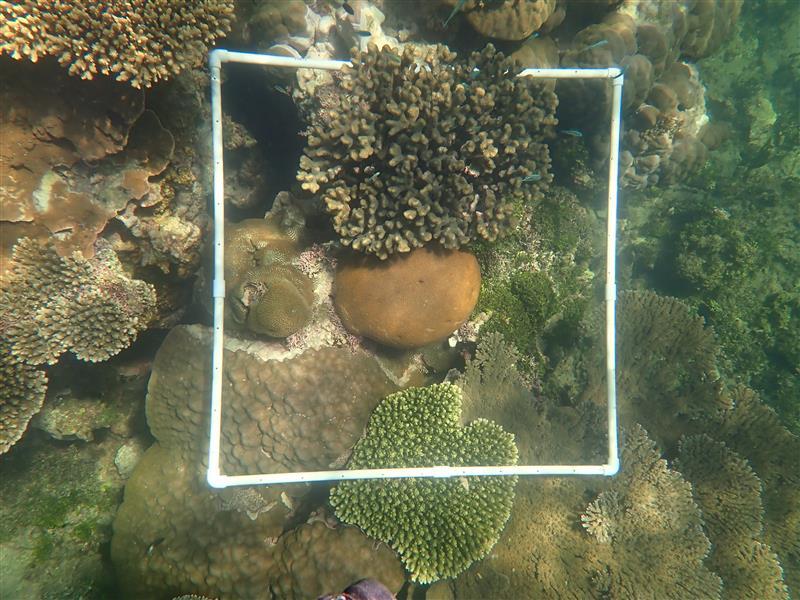40 is a number of spiritual importance throughout the Bible, associated with periods of testing, preparation, transition and renewal. As A Rocha’s 40th anniversary year comes to a close, we cannot help but reflect on the significance of this milestone and appreciate the foundation on which we now firmly find ourselves. Thank you to all of those that have faithfully walked with us this last year. Perhaps you are new to A Rocha, or perhaps you have been with us since the beginning. In either case, you have a place at the table and we’re grateful you’re here.
From home gatherings with new supporters in Singapore and Texas to anniversary parties with old friends at Cruzinha – it has been a whirlwind of a year, in the best possible way! In case you missed it, we wanted to share some of the highlights of our 40th year and ways you can still join us in this joyous and commemorative time. See some of the highlights from our 40th anniversary below:
- Virtual 40th Anniversary Celebration – watch edited highlights of this special event.
- Podcast interview, ‘Milestones, Miracles, and Migration’ with cofounder Peter is available here or wherever you listen to your podcasts.
- Special 40th Anniversary edition of our Field notes. Get your digital copy.
- A Rocha International appointed a new Executive Director, Ed Walker. Meet Ed.
- We celebrated 250,000 birds ringed this year and ten years of the Marine Conservation Programme!
- Jo Swinney and Miranda Harris’ book, A Place at the Table, won the prestigious international Nautilus Book Award.
- We released five new videos and discussion guides in A Rocha’s Elements of Hope video series. Watch or download the videos and guides on our Vimeo channel.
Last, but not least – our ‘40 for the Future’ anniversary campaign continues through to the end of the year, with a special match gift opportunity to double your impact with the Big Give Christmas Challenge! Donate between 28 November and 5 December to double your impact. Learn more here. Thank you for helping us make this a year to remember.



